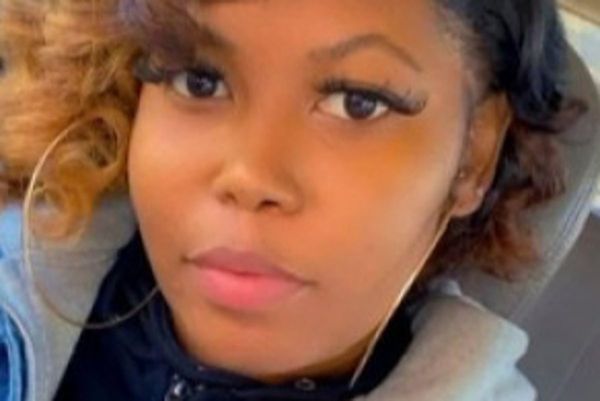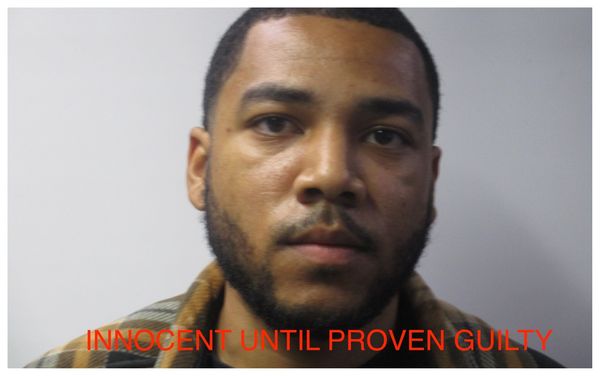MPs have taken a historic step towards legalising assisted dying in England and Wales, by voting in favour of a bill that would support terminally ill adults with a life expectancy of six months or less to end their lives.
After five hours of intense and heartfelt debate, in which some members of parliament were brought to tears, the Terminally Ill Adults (End of Life) Bill was passed in the House of Commons with 330 voting in favour and 275 against.
The result was a bigger majority than many were predicting, after similar legislation was roundly defeated in 2015.
Under the terms of the bill, a terminally ill adult with a life expectancy of six months or less could seek assistance to end their life, provided that two doctors and a High Court judge approve their decision.
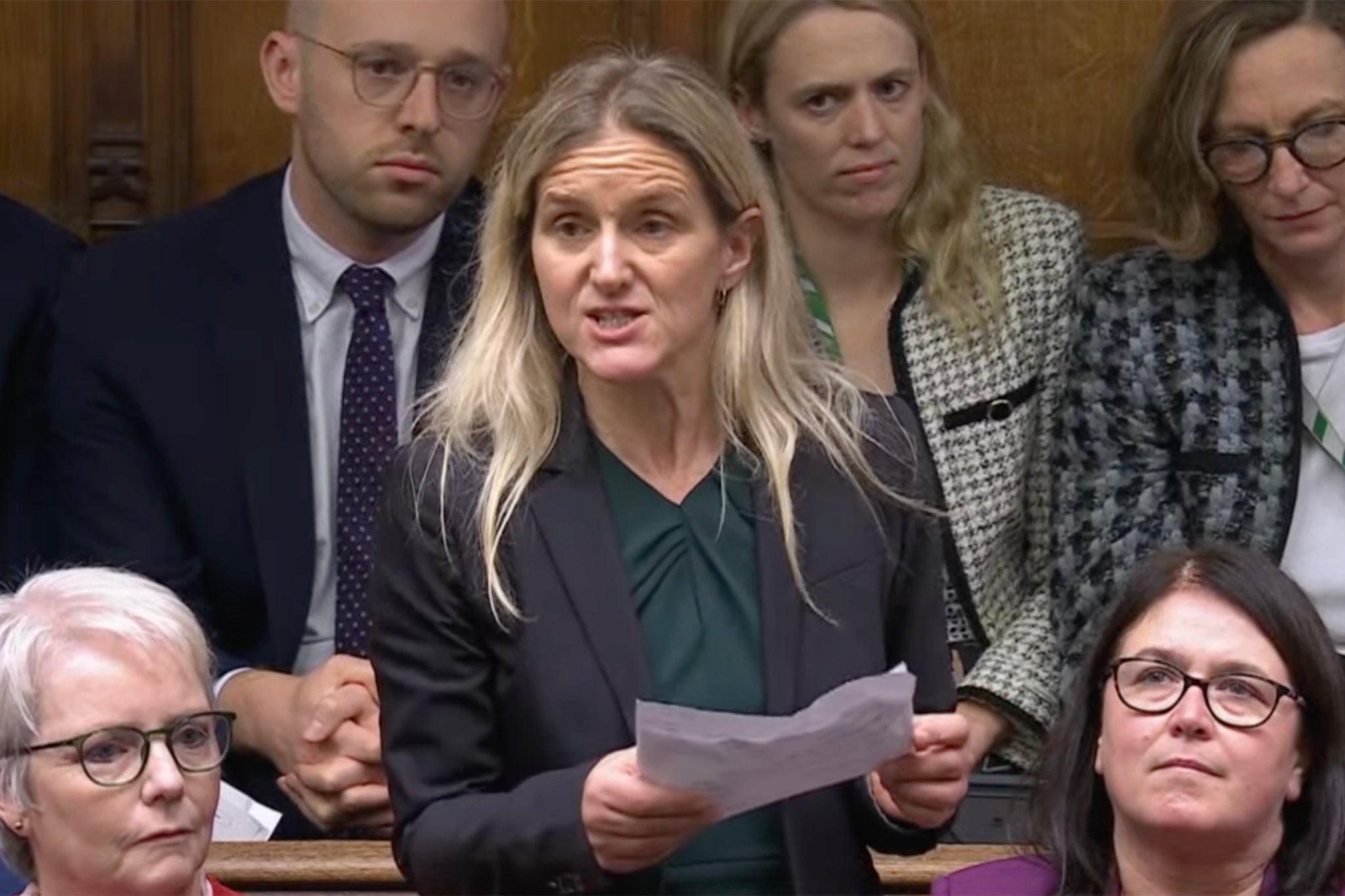
MPs were given a “free vote” on the issue, meaning they could vote according to their conscience and were not bound to follow a party line.
While Sir Keir Starmer backed the bill, his government was split, with both of the cabinet ministers who would ultimately be responsible for implementing the legislation – health secretary Wes Streeting and justice secretary Shabana Mahmood – voting against.
The bill has some way to go before it becomes law, with more than 200 amendments already tabled in the Commons and the House of Lords, meaning it will be subject to intense scrutiny. Added to that, a number of MPs only gave qualified support at the second reading, with the proviso that they would not vote for it without significant amendment at its third reading.
Kim Leadbeater, the Labour MP who put forward the bill, said it would “give society a much better approach towards end of life”, whereas Tory MP Danny Kruger argued that it would pave the way for a “state suicide service”.
Mr Kruger, who led opposition to the bill, said following the vote that “a lot of people are very worried about the lack of safeguards”. He said there will be further opportunities to improve the bill, and if that’s not possible, to reject it.
Campaigners in favour of assisted dying hailed the outcome, saying: “Thousands of people will be heartened by this result.” But campaigners who had been fighting against it promised: “This is not over.”
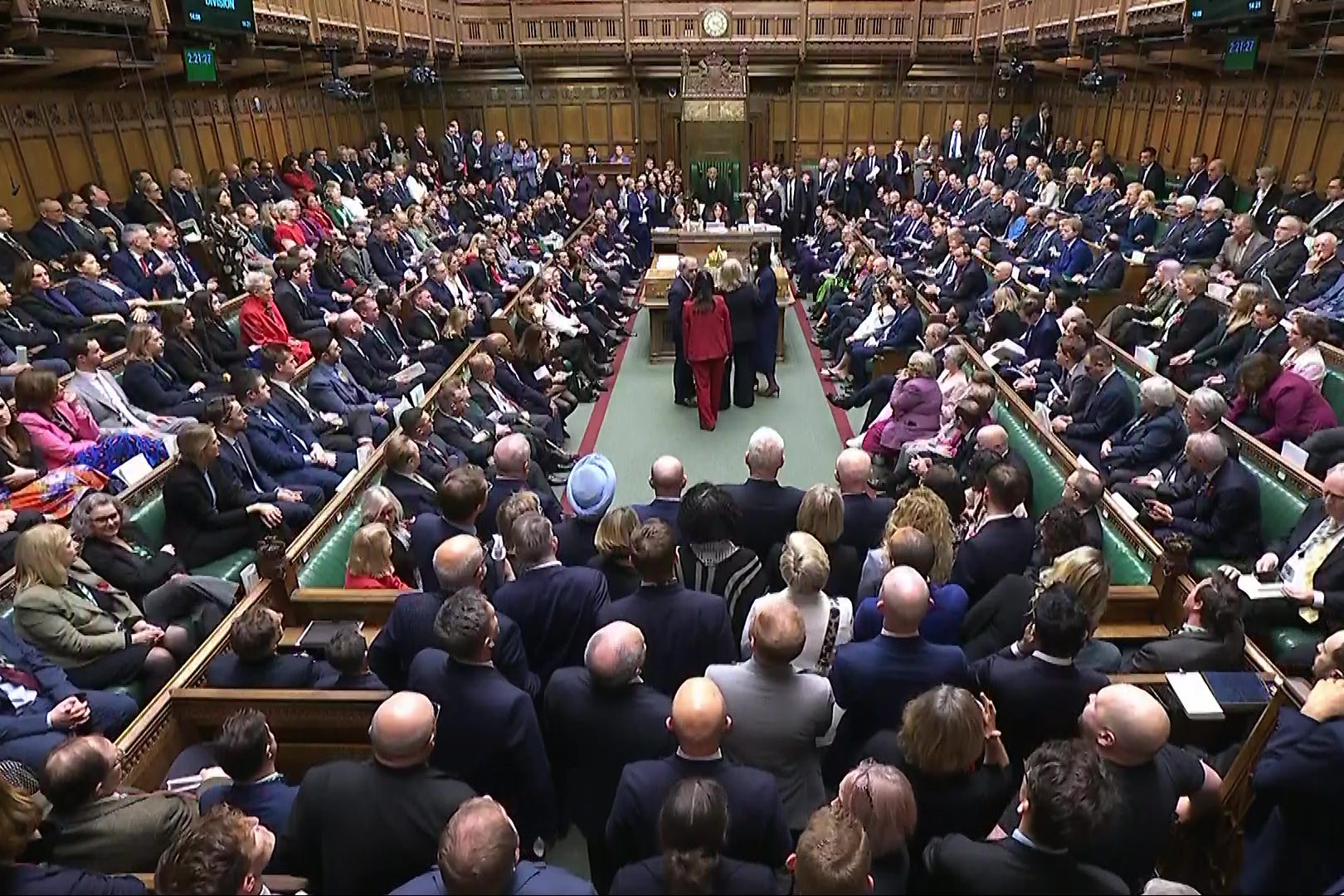
The bill will now go to the committee stage, where MPs can table amendments, before facing further votes in both the House of Commons and the House of Lords.
Dame Esther Rantzen said she was “absolutely thrilled” at the result, but that it was unlikely to have an impact on her own life.
The broadcaster, who is terminally ill, said minutes after the historic vote: “It’s going to take probably almost two years for it to change the law, and I’d be astonished if the drug I’m on manages to extend my life that far.”
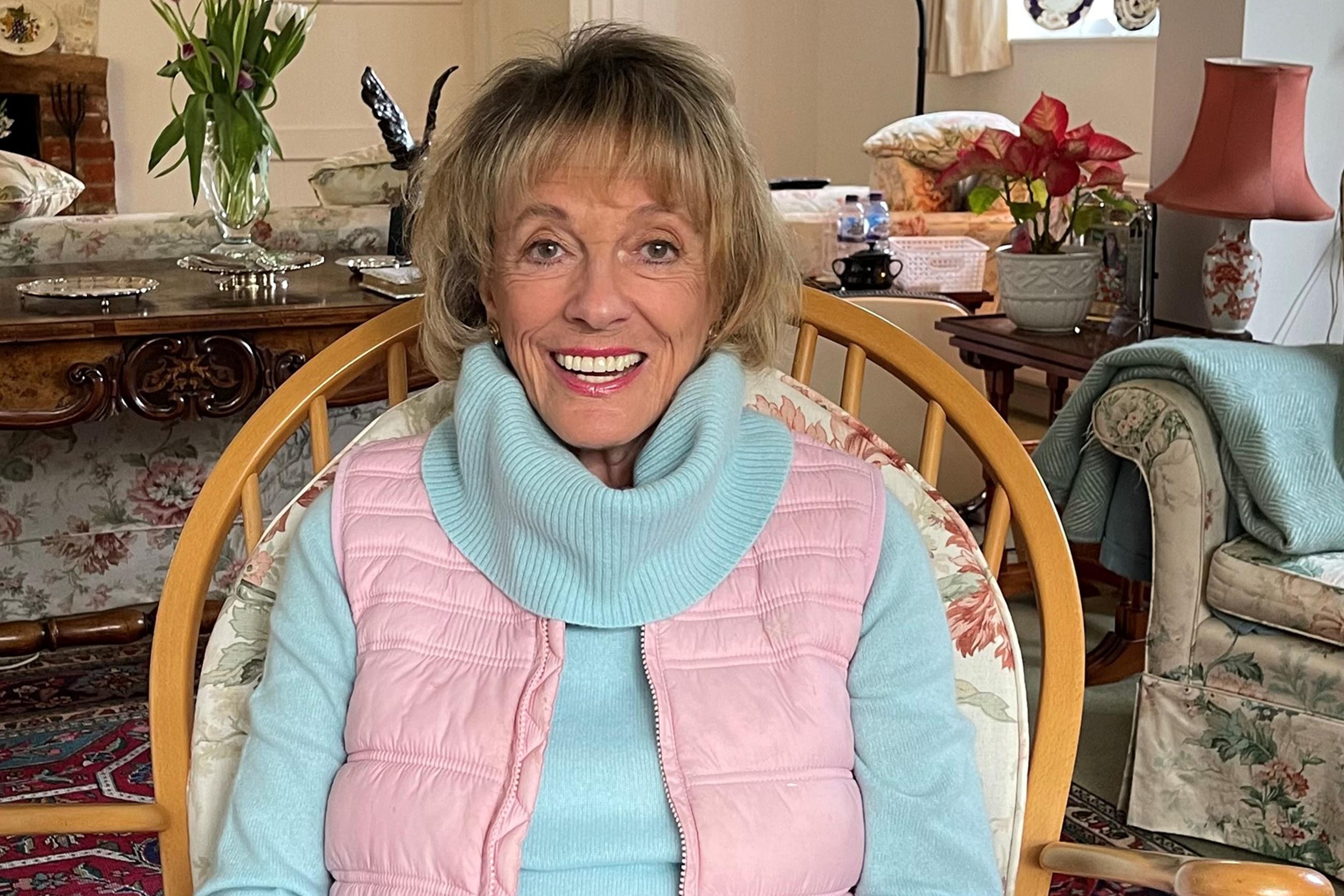
Trevor Moore, chair of the campaign group My Death, My Decision, said: “Thousands of people will be heartened by this result. Every day, 20 people in the UK are suffering unbearable pain at the end of their lives, despite receiving the best possible care. For them, the choices are stark and harrowing: travel to Switzerland, and end their life by suicide, stop eating or drinking, or face an agonising natural death.
“These people deserve better. They deserve the dignity of choice at the end of their lives, and we are relieved to see MPs acknowledge this.”
Patricia Donoghue, 70, who is in favour of assisted dying after seeing her husband Kevan’s painful death in 2015, told The Independent that the result of the vote was “amazing news”.
She added: “I’m a bit surprised but I’m relieved. I’m hopeful that it will become law and that people will have a choice. It’s not for everybody, but for those who would like to have that choice it is an amazing day.”
Bryan Grayson, who saw his father-in-law refuse food and water at the age of 102 and wants a change to the law, said the vote was a “significant first step”.
However, Merv Kenward, who has campaigned against assisted dying with his wife Nikki, said he was “really disappointed”. He added: “We’ve lost this particular battle, but the war certainly isn’t over.” His wife became a campaigner against assisted dying after being suddenly paralysed by Guillain-Barre syndrome aged 36.
The Church of England’s lead bishop for healthcare, Dame Sarah Mullally, said that safeguarding the vulnerable “must now be our priority”. Bishop John Sherrington of the Catholic Bishops’ Conference of England and Wales called on Catholics to “pray that members of parliament will have the wisdom to reject this bill at a later stage”.
Andrea Williams, chief executive of Christian Concern, said that today was a “very Black Friday for the vulnerable in this country”.
In a five-hour debate in the Commons, MPs agonised over the pros and cons of such a dramatic change to the law, which former minister Robert Jenrick described as “a cliff edge with no return”.
Veteran Labour MP Diane Abbott has suggested that a “better bill” on assisted dying could come forward in the future, as she said she could not vote for legislation when she had doubts about the safeguards contained in it.
She reminded the House that in 1969, MPs abolished the death penalty because they did not think the state should be responsible for ending people’s lives.
Sir David Davis revealed that he would be backing the assisted dying bill at its second reading, but urged the government to give MPs more time to debate it in future.
Sir David said he had changed his mind on assisted dying, describing himself as a believer in the “sanctity of life” but also in freedom from torture and misery, and confirmed he would support its continuation through parliament.
In a direct message to Labour ministers, he said: “This bill is more important than most of the bills in your manifesto.”
Former Liberal Democrat leader Tim Farron has warned that NHS trusts in areas with the weakest palliative care provision will have the highest uptake if the bill becomes law. The MP for Westmorland and Lonsdale warned of the potential for “self-coercion” and said: “My opposition to this bill is grounded in compassion.”
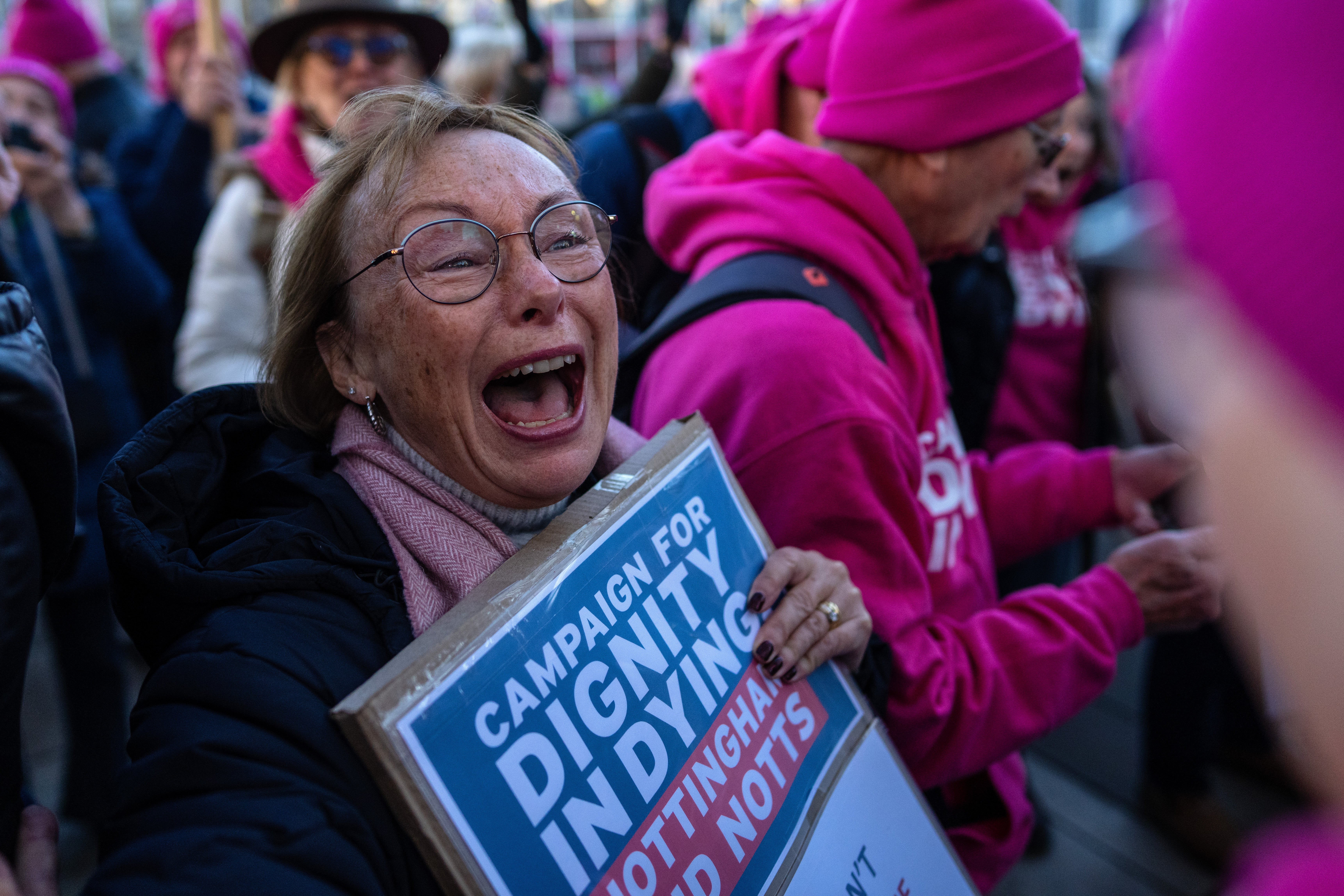
A Labour MP who has lived with a disability all her life said she would support the assisted dying bill, but described the decision as “one of the hardest that I have had to make”.
Marie Tidball, the MP for Penistone and Stocksbridge, told the Commons: “In my career in disability law and policy, I chose not to focus on debates about whether disabled people should be born, or whether we should die. Instead I focused on enabling disabled people to live better, more fulfilling lives. Today I find myself voting in a way that I thought I never would: I will be voting in favour of moving the bill to the next stage of the legislative process.”
But Conservative former minister Sir John Hayes warned: “This bill changes the relationship between clinicians and patients for ever. It says to the NHS, your job is not only to protect and preserve life, it is sometimes to take life.”
While some, including Mr Streeting and former prime minister Gordon Brown, have argued that palliative care should be improved before assisted dying is legalised, Dr Simon Opher, a GP and the Labour MP for Stroud, suggested assisted dying is a “tool” in palliative care.

